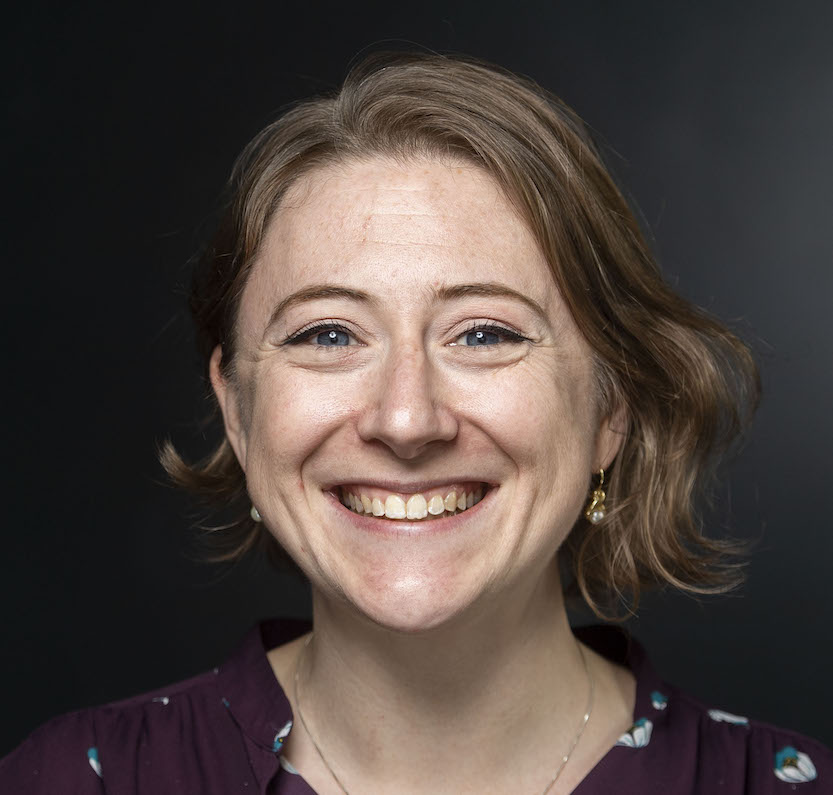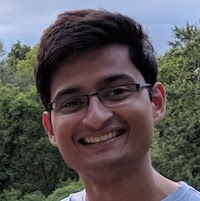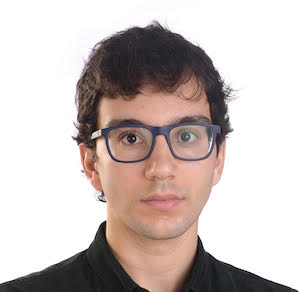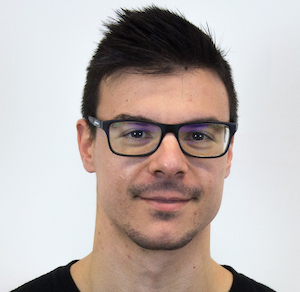
I am a computer scientist interested in everything networked: from protocols and applications to the hardware that carries our data across the Internet. My goal is to make networks faster, more reliable, more secure, and more equitable.
Contact
- +1 (412) 268-5498
- sherry@cs.cmu.edu
- Office: GHC 9227
emilyspe@cs.cmu.edu
News
December 01, 2023
In the most recent edition of SIGCOMM Computer Communications Review, I talk about a radical shift occuring in datacenter server architectures which places network interface cards (NICs) in control of where compute takes place on the server. In this editorial, I both describe the changes that are happening due to SmartNICS and Data Processing Units, as well as open questions for the research community. Read on here.
November 28, 2023
Many recent computer systems combine new software designs with novel harwdare components. However, comparing two systems which use heterogeneous hardware is fundamentally different from comparing systems running on the same type of hardware. This week at HotNets 2023, Hugo Sadok presents principles for writing research papers comparing the performance of systems using different hardware platforms.
August 31, 2023
Database proxies intermediate network connections for database management systems (DBMSes) by performing both network-layer and DBMS-specfic offloads. Tigger, presented today at VLDB 2023 by Matt Butrovich, is a new database proxy which uses eBPF to push database functionality into the kernel, improving the efficiency of the proxy. Learn more here about this epic crossover of database and networking research.
July 10, 2023
Congratulations to Hugo Sadok and the Enso team for winning the Jay Lepreau Best Paper Award and the Distinguished Artifact Award at OSDI 2023! Hugo’s work shows how to improve communication between the network and the CPU to speed up applications I/O intensive applications by 1.5-6X. Read the paper or check out the open-source code.
December 09, 2022
I was honored to give the opening keynote at the EuroP4 2022 Workshop in Rome. In the talk, I discuss how we should think of SmartNICs not merely as accelerators, but as a radical shift in where the control of compute lies within a server. You can watch a recording of the talk here.
Recent Teaching
Common Requests
- Prospective Undergradute Interns: I accept students through the ISR REUSE Program. Read more about how to apply here.
- Prospective PhD Students: My home at CMU is the Computer Science Department. Please apply to CSD to work with me.
- Peer Review: I only review for conferences which (a) have an enforced anti-harrasment policy, (b) use double-anonymous review, and (c) offer open-access proceedings.
Research Lab/Team
Research Highlights
Biography
Justine Sherry is the A. Nico Habermann Associate Professor of Computer Science at Carnegie Mellon University. Her interests are in software and hardware networked systems at all layers. Much of her research focuses on middleboxes and network functions, specialized devices that secure Internet connections and make data load more efficiently. Together with her colleagues, she developed APLOMB, the first system to apply cloud computing principles to network functions; BlindBox, the first middlebox to scan the contents of encrypted traffic without decrypting it; and Pigasus, the first open-source intrusion detection system to operate over 100Gbps of data with a single server. Dr. Sherry has received numerous awards including an Alfred P. Sloan Research Fellowship, the VMWare Systems Award, an IETF Applied Networking Research Prize, and the SIGCOMM Doctoral Dissertation Award. She is a member of the ACM CoNEXT Steering Committee, the DARPA ISAT Study Group, and the SIGCOMM CARES Committee. Finally, she is always on the lookout for a great cappuccino.

 Ranysha Ware
Ranysha Ware
 Nirav Atre
Nirav Atre
 Adithya Abraham Philip
Adithya Abraham Philip
 Hugo Sadok
Hugo Sadok
 Miguel Ferreira
Miguel Ferreira
 Francisco Pereira
Francisco Pereira
 Christopher Canel
Christopher Canel
 Margarida Ferreira
Margarida Ferreira
 Emily Spencer
Emily Spencer